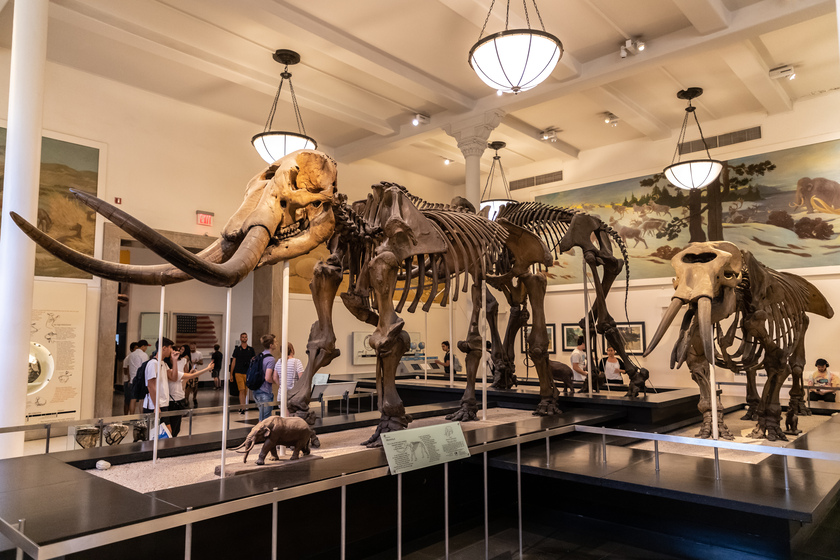Visiting museums can be an enriching and therapeutic experience for seniors with dementia. This engaging activity not only provides mental stimulation but also fosters social connections and emotional well-being. As dementia progresses, finding activities that are both enjoyable and beneficial becomes crucial. Museums, with their diverse exhibits and calm environments, offer a unique setting for therapeutic engagement.
The Therapeutic Benefits of Museums
Museums provide a sensory-rich environment that can help stimulate memory and cognitive functions in seniors with dementia. The visual and tactile experiences offered by art, historical artifacts, and interactive exhibits can evoke memories and emotions, fostering connections to the past. This sensory engagement can be particularly beneficial for those struggling with memory loss, as it encourages the recall of long-term memories and sparks conversations about personal experiences.
Enhancing Social Interaction and Communication
Visiting museums in a group setting, whether with family members or other seniors, can enhance social interaction and communication. These outings offer opportunities for meaningful conversations and shared experiences, which are vital for maintaining social bonds and reducing feelings of isolation. Engaging in discussions about the exhibits can also help improve verbal skills and encourage expression, providing a positive outlet for those who may struggle with communication.
Emotional Well-being and Comfort
Museums often create a calm and quiet environment, making them ideal for individuals who may feel overwhelmed by more chaotic or noisy settings. This serene atmosphere can help reduce anxiety and agitation, common symptoms in dementia patients. Additionally, many museums offer programs specifically designed for individuals with dementia, including guided tours and workshops that cater to their unique needs. These programs are crafted to be inclusive and supportive, ensuring that visitors feel comfortable and engaged.
Choosing the Right Museum and Exhibit
When planning a museum visit, it’s important to consider the interests and cognitive abilities of the senior with dementia. Choosing exhibits that are visually stimulating and familiar can enhance the experience. For example, art galleries, history museums, or natural history exhibits often contain elements that are easy to connect with and understand. Additionally, museums that offer interactive or hands-on exhibits can be particularly engaging, allowing visitors to participate actively and enjoy a more immersive experience.
Making the Most of the Experience
To ensure a positive and therapeutic museum visit, consider the following tips:
- Plan Ahead: Choose a time when the museum is less crowded to avoid sensory overload.
- Engage with the Exhibits: Encourage conversations about the displays, asking questions that prompt recollection and storytelling.
- Take Breaks: Allow time for rest, as prolonged stimulation can be tiring.
- Participate in Programs: Look for special programs or tours designed for seniors with dementia, which can provide additional support and enrichment.
Therapeutic Museum Visits for Dementia
Visiting museums can be a delightful and therapeutic activity for seniors with dementia. By offering sensory engagement, promoting social interaction, and providing a peaceful environment, museums serve as an excellent resource for enhancing the quality of life for those living with dementia. Encouraging regular visits can help seniors remain active, engaged, and connected to their community, all while enjoying the rich cultural experiences that museums have to offer.
At our retirement community, we understand the importance of engaging in activities for seniors with dementia. Our comprehensive SHINE® Memory Care program includes organized outings to museums and other cultural venues, providing our residents with enriching experiences that stimulate their minds and foster social connections. Our dedicated team is here to support and guide our residents through these activities, ensuring they have a meaningful and enjoyable time.
Contact us today to learn more about how we can enhance the lives of seniors with dementia through our specialized programs and activities.







